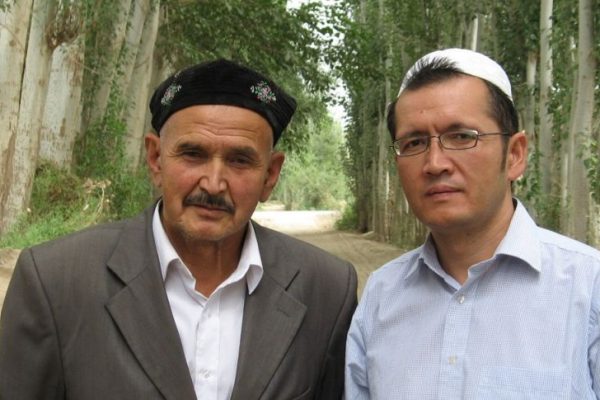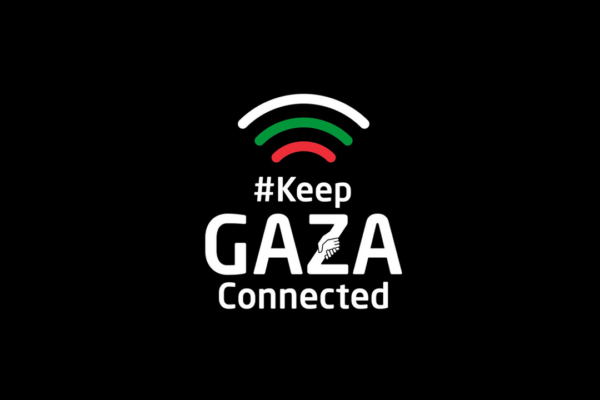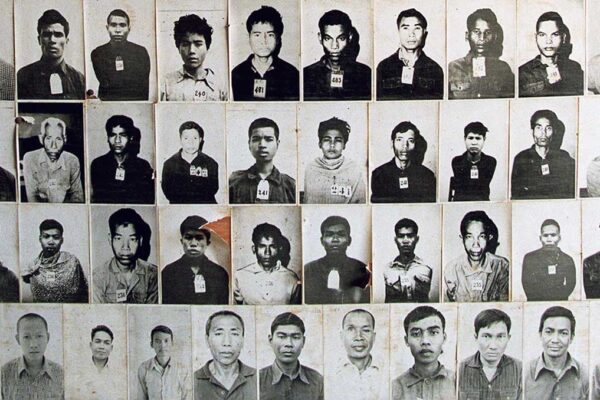The Gambia, a majority Muslim country, is now leading a team of international lawyers and is supported by the 57-member Organization of Islamic Cooperation in its fight to formally accuse Myanmar of genocide.
The Gambia, a majority Muslim country, is now leading a team of international lawyers and is supported by the 57-member Organization of Islamic Cooperation in its fight to formally accuse Myanmar of genocide.
In a groundbreaking and historic move, the small West African nation of The Gambia has formally accused Myanmar of genocide at the United Nations. The Gambia has filed a lawsuit at the UN’s top court, the International Court of Justice (ICJ), despite Myanmar continuously denying any wrongdoing in its ethnic war against the minority Rohingya population.
The Rohingya are a small Muslim minority ethnic group in Myanmar, with their own distinct language and culture. Mostly living in Rakhine state, which borders Bangladesh, the Rohingya have been at the center of one of the world’s most horrifying cases of ethnic cleansing. Despite the fact that the Rohingya have lived in the state of Myanmar for generations, they are still not recognized as citizens, and are denied numerous basic human rights within the country.
After a series of clashes between Rohingya militants, in no way representing the majority of Rohingya, and Buddhist-majority government forces, an intensified campaign against the entire population of the Rohingya began in 2017. Thousands of Rohingya have since been killed by militant Buddhist militias and government forces, with more than 700,000 fleeing into neighboring Bangladesh – creating one of the worst refugee crises in the world.
The UN have since accused Myanmar of harboring military commanders guilty of conducting genocide, alongside reports of entire Rohingya villages being demolished, with scores of innocents subject to death, torture, and mass rape. The UN’s Independent International Fact Finding Mission on Myanmar stated in August of last year:
[The Myanmar army’s tactics were] grossly disproportionate to actual security threats…military necessity would never justify killing indiscriminately, gang raping women, assaulting children, and burning entire villages.”
Although Myanmar denies all reports of possible genocide and ethnic cleansing, the fact that The Gambia has stepped forward to formally accuse the country of these crimes against humanity is a step forward. Myanmar has not signed up to the International Criminal Court, which may complicate the legal process, however it has signed the 1948 Genocide Convention, which holds them to account in the case of genocide.
The Gambia, a majority Muslim country, is now leading a team of international lawyers and is supported by the 57-member Organization of Islamic Cooperation in its fight to formally accuse Myanmar of genocide. Abubaccar M Tambadou, The Gambia’s attorney general and Minister of Justice, is spearheading the effort. Having previously worked at the International Criminal tribunal for Rwanda, which investigated the 1994 genocide in the country, Mr Tambadou was motivated to bring Myanmar’s case of genocide to court after visiting Rohingya refugee camps in Bangladesh.
While it remains to be seen if other nations will come forward in supporting The Gambia in this historic move, for now many remain hopeful that this first step will be the well-needed move to finally bring to account those guilty of the horrendous war crimes being committed on the Rohingya population.





